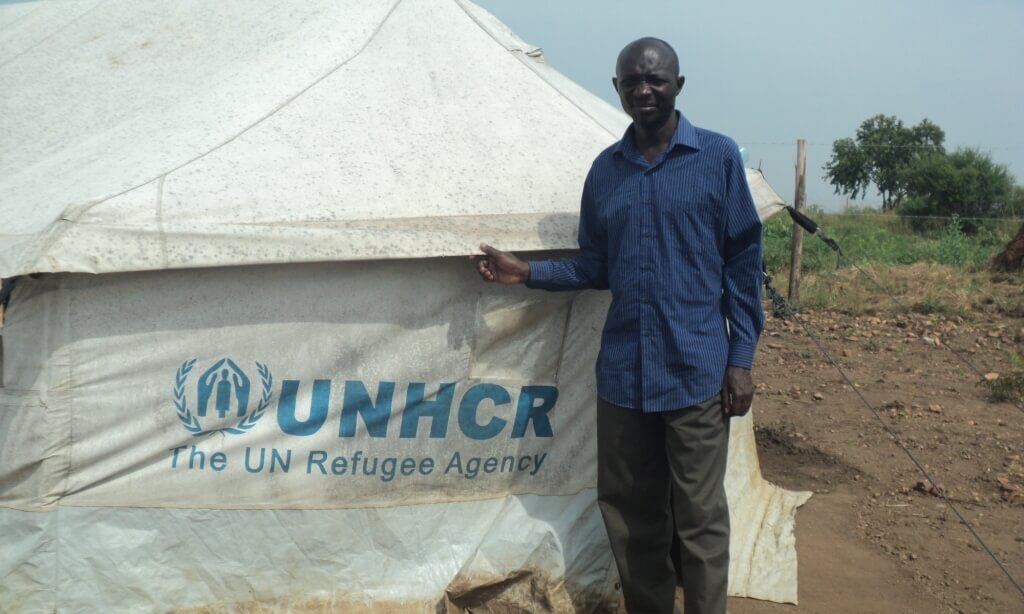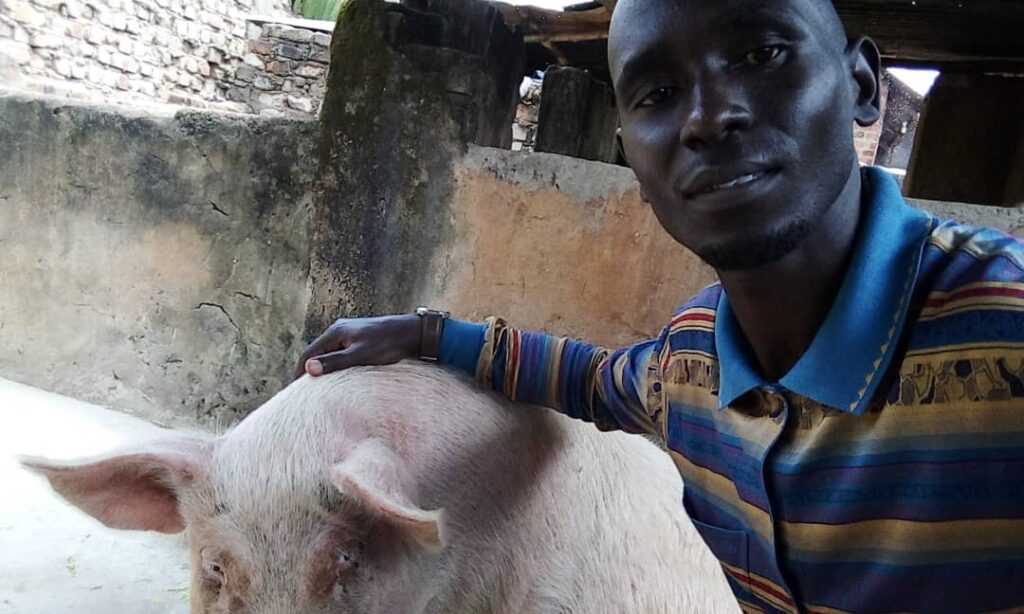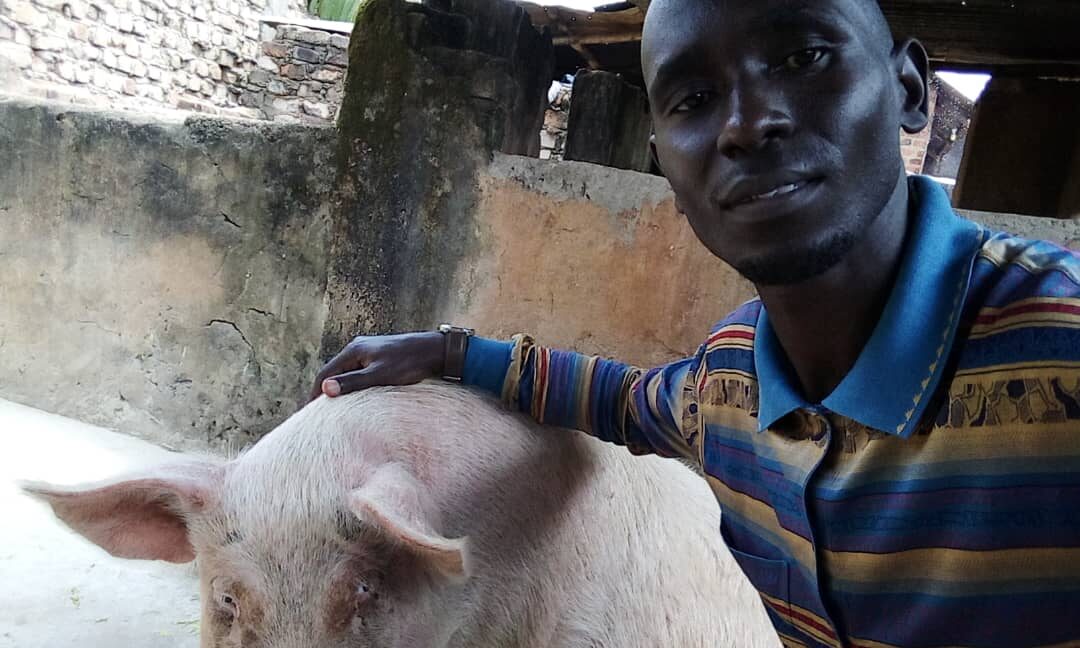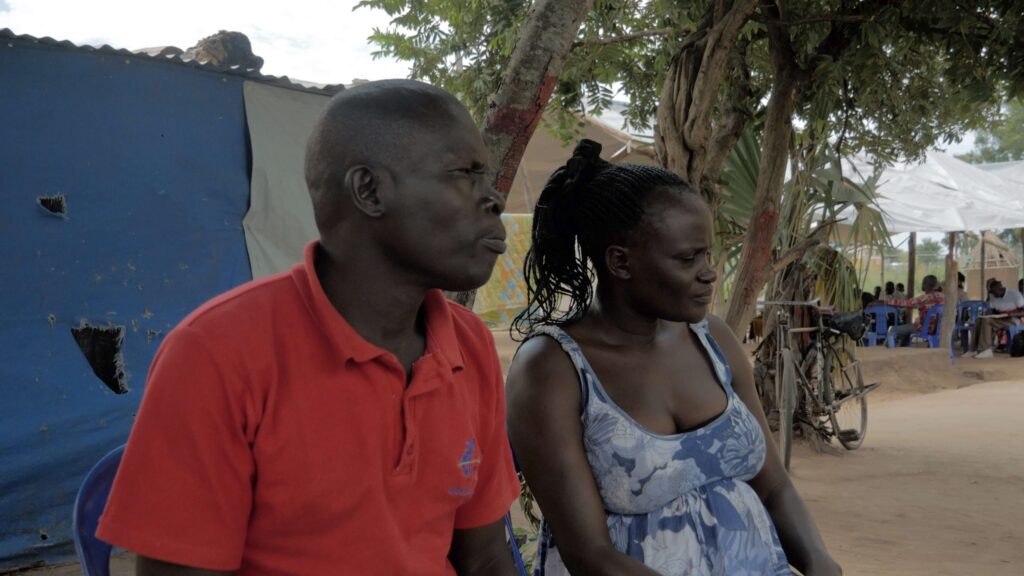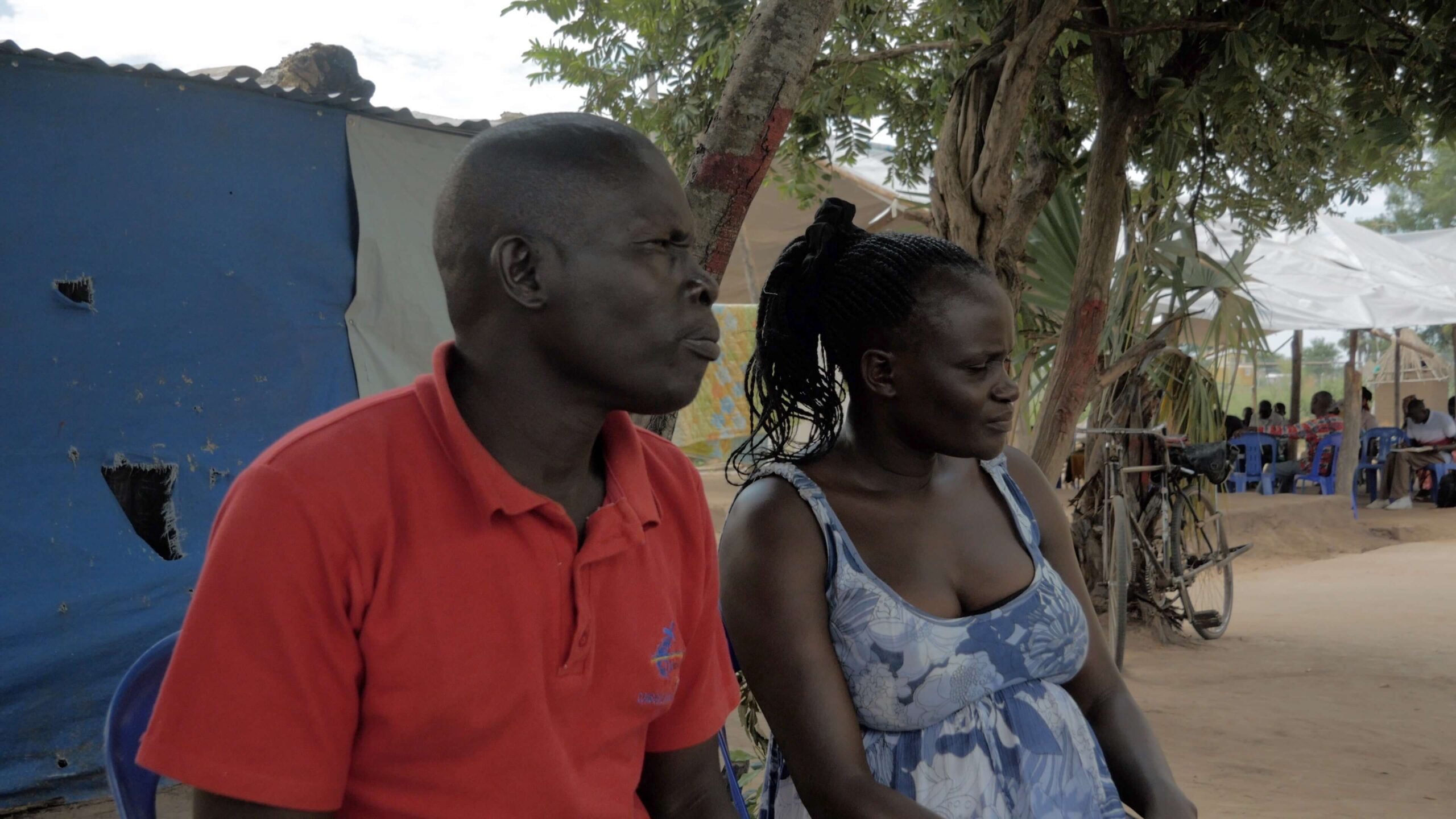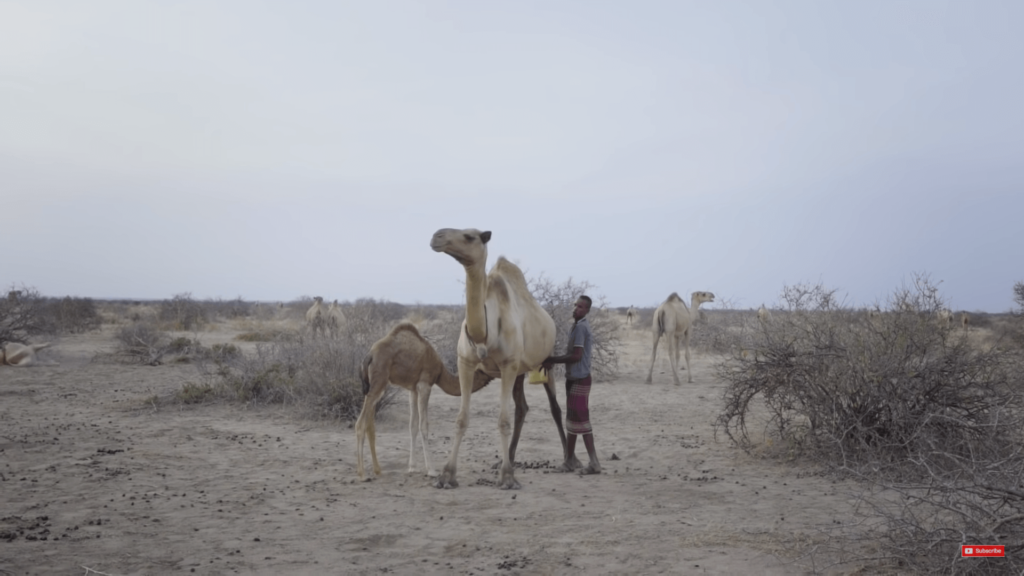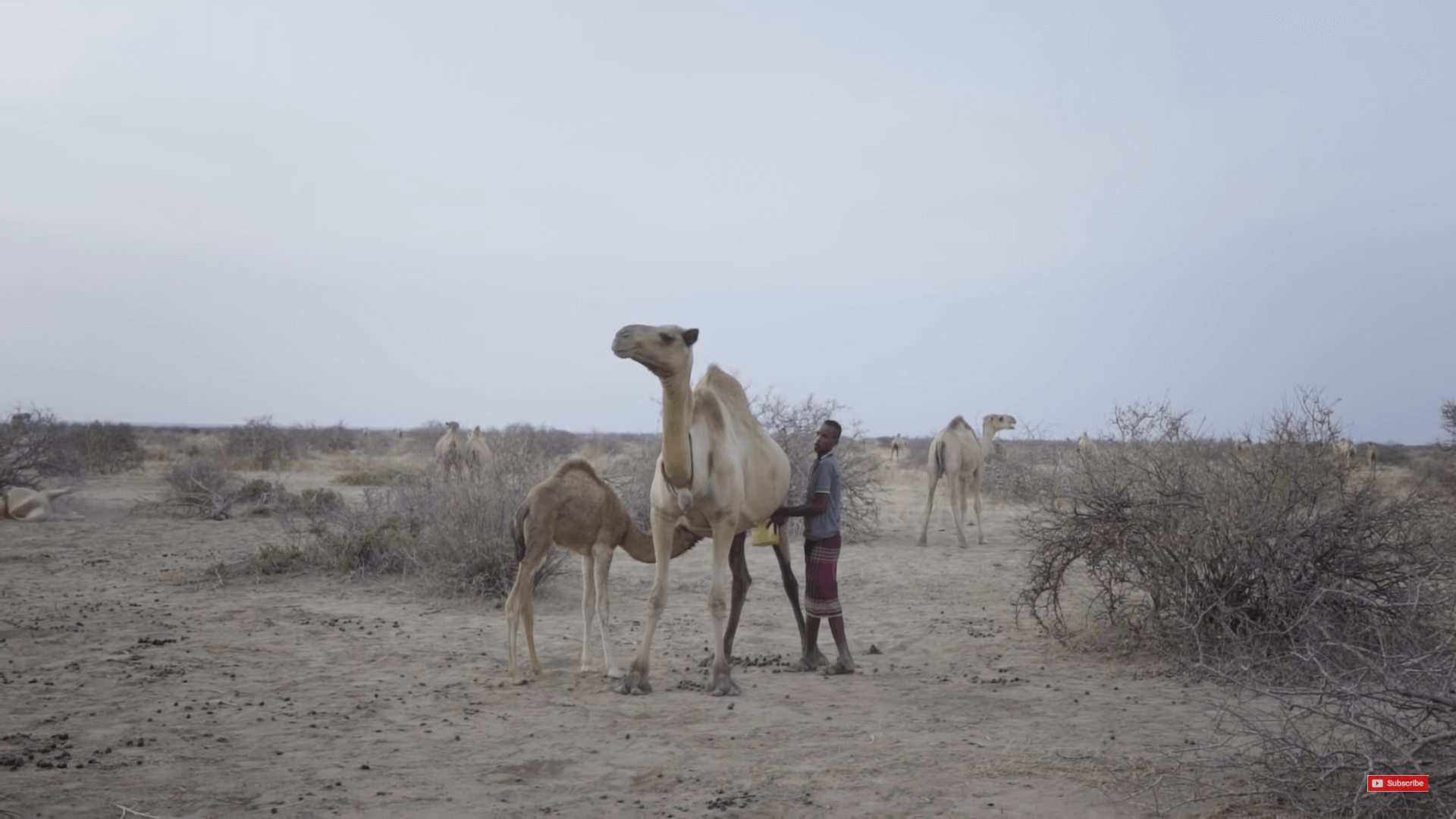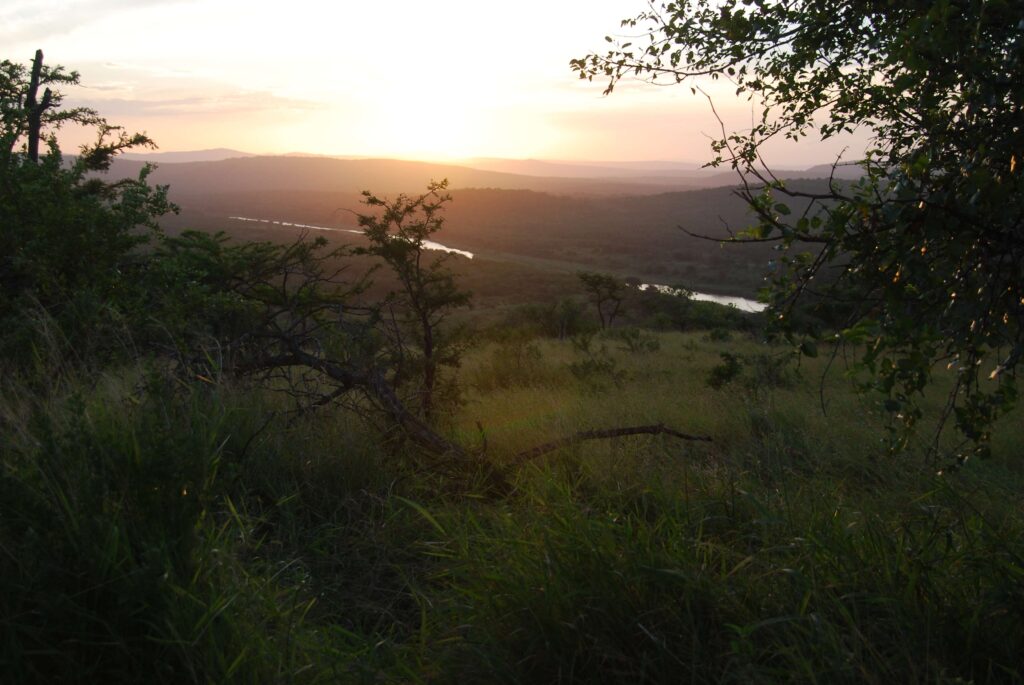
APF’s Project Coordinator, Geoff Holder, describes some of the finding of his research project which formed part of an MSc in Sustainable Development at SOAS, London. The university has suggested publishing the finding.
Most charities, mission agencies and international development organisations now recognise that it is essential to account for environmental factors when designing projects and initiatives in Africa. At APF, we’re led by our African partners, aiming to strengthen and support the good things they are already doing. But what do grassroots African Christians believe about the world around them? What value do they place on ecosystems? Could charities and mission organisations like ours achieve more by working in partnership with the African church when it comes to environmental resources?
African Christian theologians describe a unique and distinctive approach to creation. By combining Christian biblical theology and traditional African cultural understandings, African theologians like Lauenti Magesa see a spiritual connectedness within creation. Obaji Agbiji views the African community as a “bondedness with each other and with nature”. For B. Bujo, the foundation of African ecological ethics is the “cosmic community” which includes all beings.
Diane Stinton describes how many African Christians view life as functioning through “participation with God within a hierarchy of belonging”. Because God is the source of life, water and soils, everything is viewed as intrinsically sacred. Kalemba Mwambazambi goes further to see God manifest in trees, rivers, mountains and animals. He equates separation from nature with separation from God. “The forest is as important as the skin of a human which, if removed, results in death,” he writes.
While these writers provide a fascinating and perceptive insight into how African theologians conceptualise the world around them, I was interested in exploring how widespread this sort of environmental theology was outside of academia. What do ‘normal’ African Christians believe, and what might this mean for mission and development organisations like APF?
To find out, I sent African church leaders from across the continent a questionnaire and held group interviews with Christians from rural communities in Uganda and Malawi. Their responses were revealing.
Firstly, it was clear that environmental concerns feature highly in the lives of African Christians. But issues like deforestation, drought and extinction are understood primarily through the lens of their faith. The Bible, for example, guides opinions around burning environmental issues like population pressure.
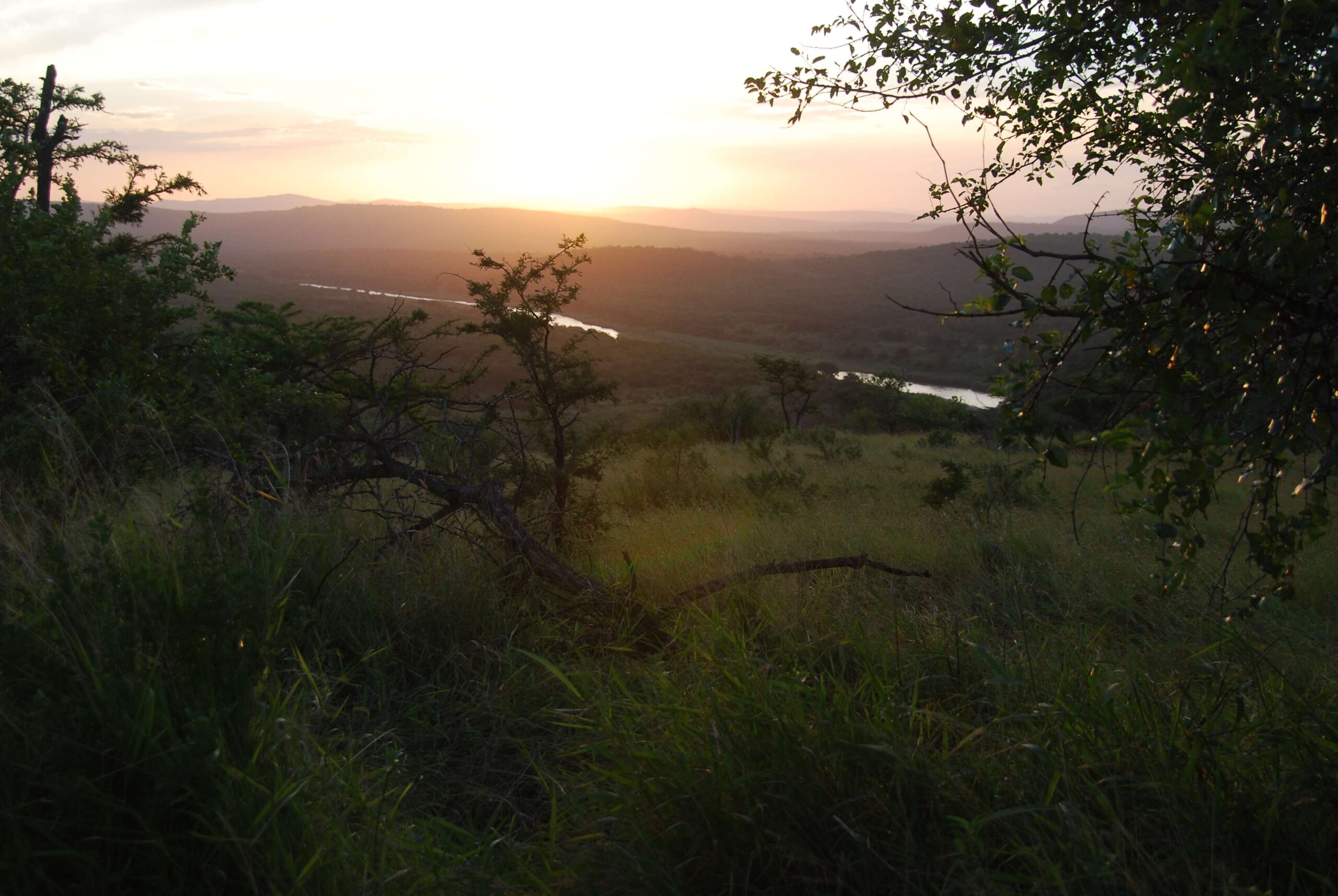
Droughts and floods are seen as signs of God’s displeasure in human behaviour. Healthy soils and reliable rainfall on the other hand are blessings direct from God. Secondly, by undermining traditional cultural practices that used to help protect the environment, the growth of Christianity has been a cause of environmental degradation in Africa.
Mountains, forests, rivers and trees were once believed to be sacred, the home of spirits and ancestors. As the wild places were no longer feared, they were no longer protected. One pastor explained: “Our ancestors believed that because there was a spirit there, they would keep the trees. Because we Christians do not believe there is a spirit there, we cut down the trees.”
Despite this, Christian faith is the most powerful motivator of environmental action in Africa. African Christians frequently view themselves as stewards of God’s creation, tasked to care for what God has made. “God gave us a mandate,” one pastor told me. “He took us and put us in a garden. Now, we have left our responsibility to take care of the garden.”
This helps to explain why so many African Christians are interested in environmental action like tree planting. It also explains why you might read so much about environmental issues in Impetus. Creation care is simply very important to the African church and environmental concern a direct consequence of Christian faith in action.
So, from camels helping pastoralists adapt to climate change in Kenya, to solar power in Tanzania and Rwanda; from sustainable agriculture in Malawi to tree planting in Uganda, exciting opportunities exist for those, like APF, who work alongside the African church.

